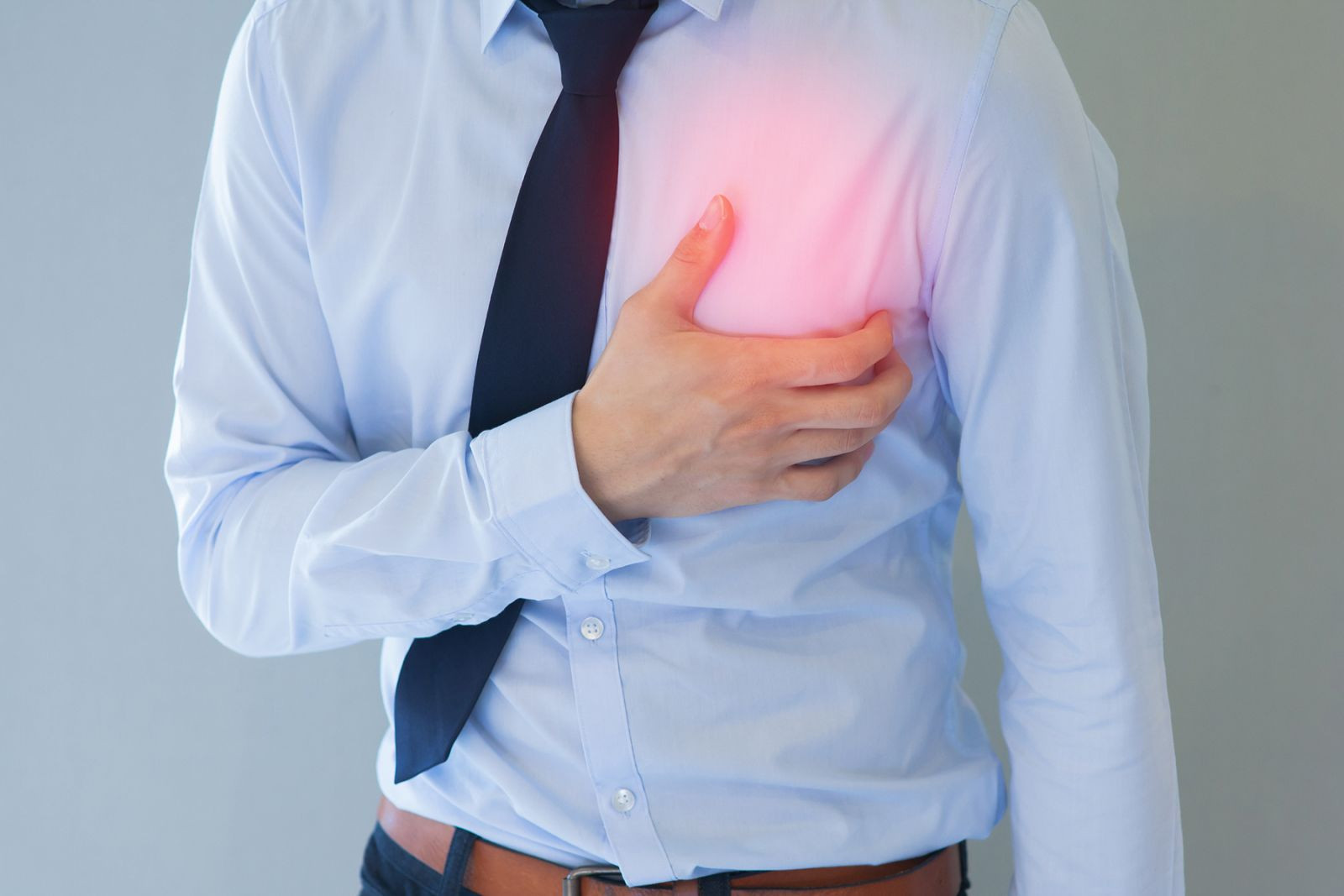Don't ignore signs of sudden cardiac arrest

You may assume that there aren't any symptoms for sudden cardiac arrest (SCA), the deadly condition that occurs when your heart suddenly stops pumping. But a study published Jan. 5, 2016, in Annals of Internal Medicine suggests that warning signs are common and often ignored. The most common warning signs were chest pain, breathlessness, palpitations, lightheadedness or fainting, nausea, and vomiting.
Researchers looked at the health information of more than 800 people who experienced SCA, mostly middle-aged men, and discovered that about half of the people had warning signs during the four weeks leading up to SCA and even 24 hours before their hearts stopped. But most of those with warning signs ignored the symptoms. Thirty-two percent of those who called 911 before SCA survived, compared with only 6% among those who didn't call for help. That's because many of the symptoms that led people to call 911 occurred in the hours just before the SCA, so these people were likely to be in a medical care setting when their hearts stopped.
"If you have chest pain or unexplained shortness of breath, and especially if you have risk factors for heart disease such as high blood pressure, high cholesterol, diabetes, a history of tobacco use, obesity, a sedentary lifestyle, or a family history of heart disease, don't ignore your symptoms," urges Dr. Randall Zusman, a cardiologist with Harvard-affiliated Massachusetts General Hospital.
Disclaimer:
As a service to our readers, Harvard Health Publishing provides access to our library of archived content. Please note the date of last review or update on all articles.
No content on this site, regardless of date, should ever be used as a substitute for direct medical advice from your doctor or other qualified clinician.















